Judith Wright (1915–2000), poet, conservationist and Aboriginal land rights campaigner, was born at Thalgaroch Station, near Armidale, NSW, into a pastoralist family whose origins go back to the first settlement in the Hunter Valley in the 1820s. After studying English at the University of Sydney, she travelled in Europe from 1937 to 1938, before settling in Sydney to write. She wrote 'an occasional modest, thoughtful poem', but when Japan entered the war, she returned to help on the family property, Wollomombi. During this time, she rediscovered her love of the countryside and also had the opportunity to think deeply about her art, leading to the first intensely creative period of her writing. From 1943 to 1947 she worked at the University of Queensland, where she met and married the philosopher and writer J.P. McKinney. Her first major volume of poetry, The Moving Image (1946) was said to have 'brought a sense of excitement and anticipation to the Australian literary world of the time'. It was followed by Woman to Man (1949), which won the Grace Leven Prize for Poetry, The Gateway (1953), The Two Fires (1955), Birds (1961), The Other Half (1966), and Alive (1973), among many others. She also wrote novels, short stories, children's stories and literacy criticism. A conservationist, Wright co-founded the Wildlife Preservation Society of Queensland and was president from 1964 and 1976. Through the 1960s and early 1970s she was devoted to protecting the Great Barrier Reef from oil drilling and campaigned against land mining on Fraser Island, which she evoked in her poem 'Australia 1970'. She was also an active supporter of Aboriginal land rights. The Canberra suburb 'Wright' is named after her.
Portraits
The family c. 1955
Charles Blackman OBE Judith Wright age 40
Judith Wright with Barbara Blackman c. 1956
Charles Blackman OBE Judith Wright age 41
On display: Gallery Two
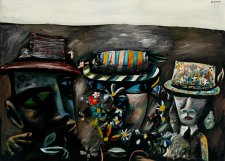

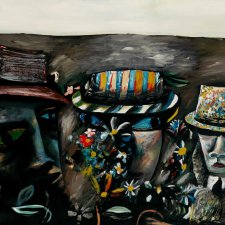
Big bouquet of Blackmans
Dr. Sarah Engledow explores the context surrounding Charles Blackman's portrait of Judith Wright, Jack McKinney and their daughter Meredith.
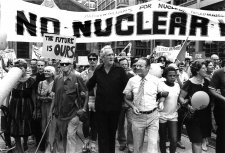
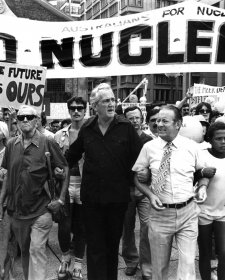
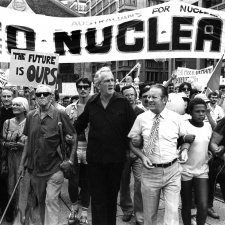
The activist A-list
Dr Sarah Engledow examines a number of figures in the collection of the National Portrait Gallery who were pioneers or substantial supporters of the seminal Australian environmental campaigns of the early 1970s and 1980s.
Show all 3 Portrait magazine articles




